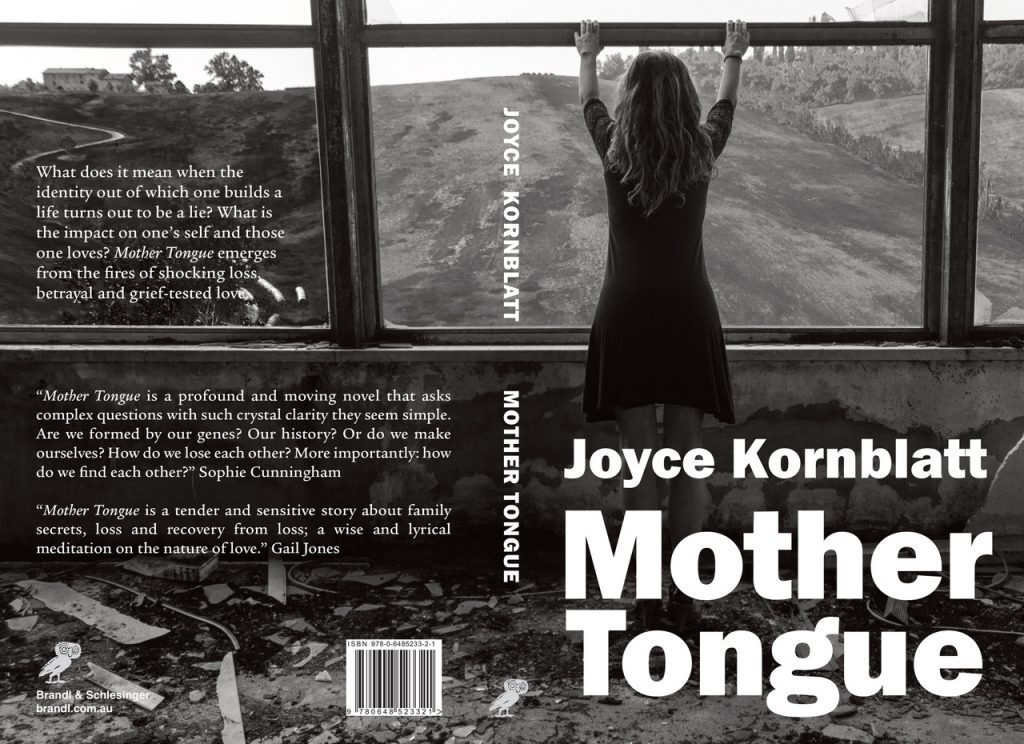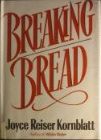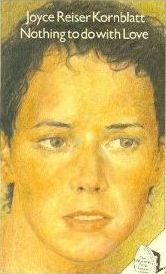
Mother Tongue will be published in U.S. by Publerati Press. U.S. publication date: September, 2022.
Advance Reading Copies available for reviewers. Contact Publerati Press.
Mother Tongue is not only dramatic and engrossing, it is also insightful and wise. Read it! Read it! You will never forget it!” — Jane Smiley, Pulitzer-winning novelist and author of Perestroika in Paris
“Mother Tongue is a gripping and gorgeously written novel of identity, loss, and redemption.” — Hilma Wolitzer, author of Today a Woman Went Mad in the Supermarket
“A beautiful, wise, spellbinding novel that dramatizes, in the most lucid prose, a woman’s pursuit of her own lost identity.” — Joanna Scott, author of The Maniken and Careers for Women
“The “what-if” question that triggered this novel evokes a nightmare scenario: What if I found out I was kidnapped when I was a baby? In beautifully precise prose that resonates like the best poetry, Kornblatt’s central character Nella/Naomi, the kidnap victim and a writer of fiction herself, discovers and creates her own lost story and the lost lives of all those linked to her. — Wayne Karlin, author of A Wolf by the Ear
Joyce’s new novel, Mother Tongue, is published in Australia by Brandl & Schlesinger, Australia (www.brandl.com.au) Published in October, 2020.
Gleebooks’ Zoom book launch on Youtube: a conversation about Mother Tongue between Joyce and novelist & physician Leah Kaminsky.
Mother Tongue (Autralian Edition)

“Mother Tongue is a tender and sensitive story about family secrets, loss and recovery from loss; a wise and lyrical meditation on the nature of love.” – Gail Jones, novelist
“Mother Tongue is a profound and moving novel that asks complex questions with such crystal clarity they seem simple. Are we formed by our genes? Our history? Or do we make ourselves? How do we lose each other? More importantly: how do we find each other?” – Sophie Cunningham, novelist and essayist
The Reason for Wings

“Kornblatt’s lyrical narrative blends Singer’s magic realism with Wiesel’s sorrowful morality and Borges’s elegant storytelling. Inventive in language and imagery, Kornblatt conveys the ways by which one family survives, continually reimagining itself, unearthing the painful past so that the newest heir may honor, and remember, her remarkable ancestors.” – Publisher’s Weekly
“In the beautiful opening chapter, we learn how her bird watching grandfather, Dov Landau, disappeared into the marshy delta of the Danube, leaving behind a grieving wife, a daughter, a Gypsy apprentice — “a family of ghosts,” Rachael calls them all. . . . We’ve heard about the terrible period of Argentina’s so-called “dirty war” in which thousands of people, many of them Jews, disappeared into the army camps, ever to be seen again. But no writer, until now, has knitted together these two segments of suffering with such powerful effect. Even without the pelican, this story would have soared.” Alan Cheuse, National Public Radio (NPR)
White Water

“In her 1985 novel, White Water, Joyce Reiser Kornblatt told the story of the Fry family at a moment of transition, the marriage of a daughter and granddaughter, through five first-person accounts, each an independent short story. The form itself was a metaphor for the author’s theme: however separate and alienated these people may be from one another, family connectedness and domestic love provide the only buffer against the world’s travails, the only raft in white water.” – The Sunday New York Times Book Review
“In White Water you’ll hear exactly the way that people speak; the omissions are as important as the black squares on a crossword puzzle. The novel is a kind of puzzle about people who once fit together and who stay together in important ways even when they do not encounter each other. Kornblatt’s prose is beautiful, and the novel is layered so that we peer into a cat’s cradle of sad and surprising truths.” – Ann Beattie, novelist and short story writer
Breaking Bread

“The theme of the book, and its title, are from W. H. Auden: ‘Through art, we are able to break bread with the dead, and without communion with the dead a fully human life is impossible.’ The lives in Breaking Bread are the narrator’s sacred dead. Whether they are also the author’s is a speculation she invites and evades. The narrative voice is strong, clear, womanly – this is someone you believe, whether she is relating the simple and circumstantial events of daily life or the convoluted histories of flight and resettlement she can only have heard second- or third-hand or, as she tells us, ‘dreamed.’ One of the many pleasures is the richness of detail, the layering of meanings – and the suggestive uncertainty whether this is augmented memoir or elegant fiction sculpted on the slight armature of memory.” – The Sunday New York Times Book Review
Nothing to Do With Love

“Splendidly alive….Kornblatt’s fiction explores the dark corners between parents and children with haunting, sharp-eyed clarity and rueful humor.” – The Sunday New York Times Book Review.
